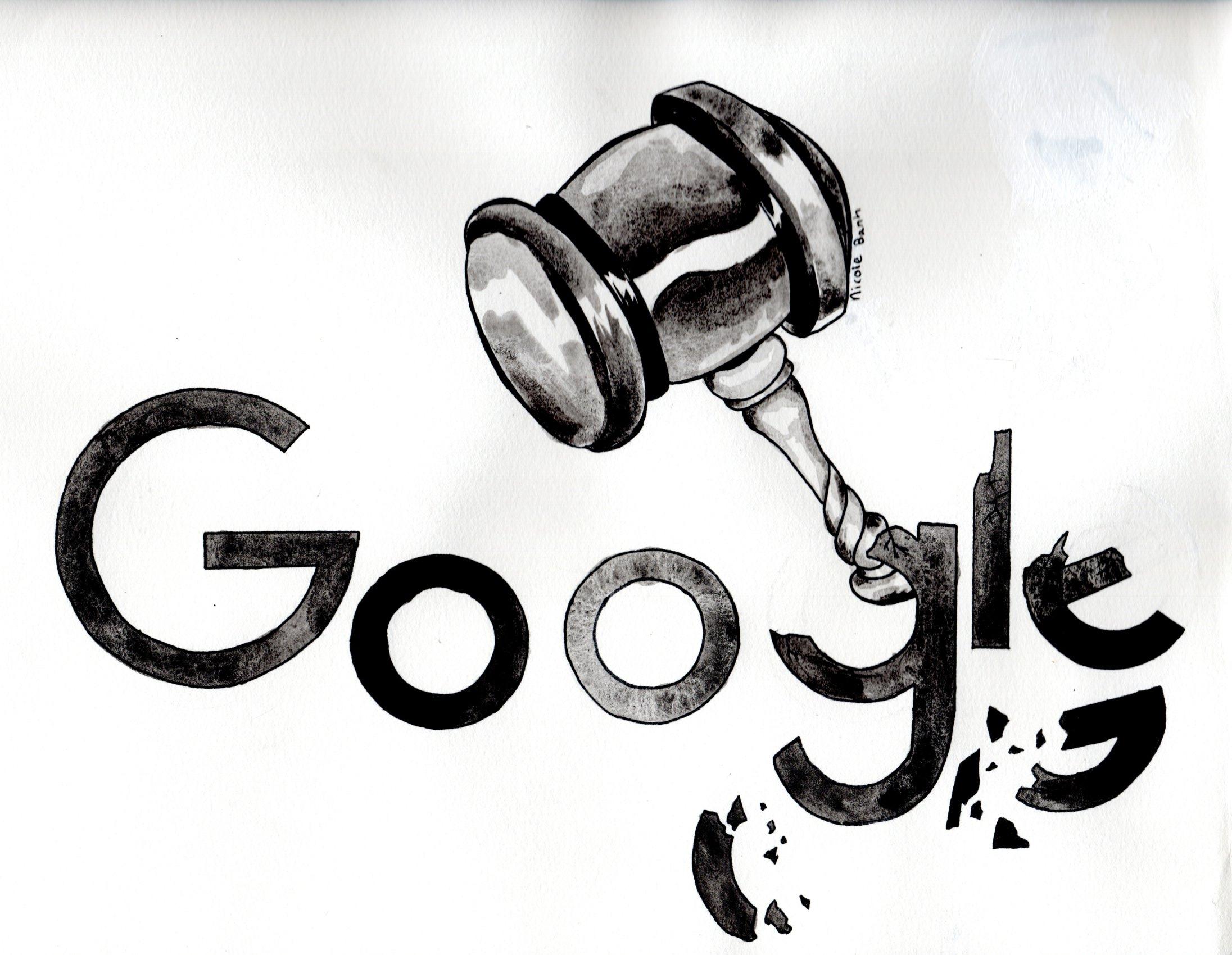
By Violet Wang | Staff Writer
After an investigation revealed that Google illegally sold user location data, several state prosecutors announced on Nov. 14 that the tech giant is paying $391.5 million to 40 states in a record-breaking settlement. The lawsuit reminds users to be more aware of the applications and technologies they use that take and sell their data and to protect themselves from these privacy violations.
The lawsuit came after the Associated Press reported in 2018 that Google tracks location data secretly. Further investigations showed that between 2014 and 2020, Google would continue to collect user location data after a user turned off their location tracking. This private information could then be sold to advertisers, the largest source of Google’s funding, or even given to law enforcement.
In January, as states began to sue Google, the company tried to reject their claims, stating in a blog post that the lawsuits “mischaracterize and inaccurately describe the settings and controls we provide users over location data.”
That January blog post referred to an Arizona lawsuit that at the time, had not been resolved. In October, contrary to Google’s claims of innocence, they were ruled against. Google paid $85 million to settle.
As a result of the lawsuits, Google has made several changes. Users now have the option to use Google Maps in Incognito Mode to prevent locations from being saved to their account and delete their location data automatically or manually. Google has also announced plans to further increase transparency and user control.
However, Google continues to avoid taking proper responsibility for its crimes and continues to shift the blame. Google spokesperson José Castañeda stated that the lawsuit was “based on outdated product policies that we changed years ago.”
Many have disagreed with this interpretation. Oregon Attorney General Ellen Rosenblum stated that “Google has prioritized profit over their users’ privacy[…] They have been crafty and deceptive.”
Unfortunately, Google is not a friend of the people, but rather a business that aims to profit as much as possible. Even worse, Google is only one major company of many that violates user privacy. In November, California sued Apple for collecting user data without user consent.
Worst of all, despite bipartisan support, the national government has been slow in passing a privacy protection bill, leaving the matter to the states. Only five states, California, Colorado, Connecticut, Utah, and Virginia, have developed comprehensive consumer data privacy laws. Most users are left to protect their privacy themselves.
Beyond advocating for these privacy laws, people can take action on an individual level. When websites request to allow the usage of cookies, users should turn off all cookies except those strictly necessary, as most other cookies are used to collect data to sell to advertisers. One can also use alternative search engines to Google, such as DuckDuckGo, a search engine that prioritizes privacy.
Social media requires protection as well, especially indicated by $92 million class-action lawsuit against social media platform TikTok in October. Users can go into their phone’s settings and turn off location tracking on apps and change application settings as well. Even so, because some tech companies may collect information illegally, it seems the only way to ensure privacy online may be to not be online at all.
Although the Google lawsuit may seem like an isolated incident, it is important to remember that Google is only one of many companies aiming to collect and profit from user data, and users must protect themselves from losing their privacy.






